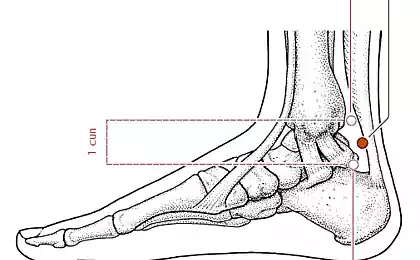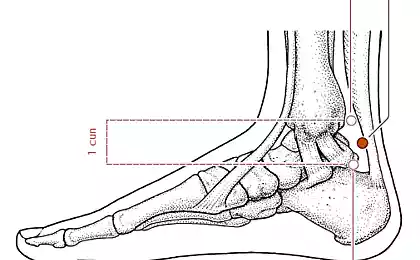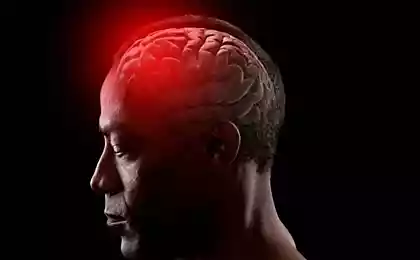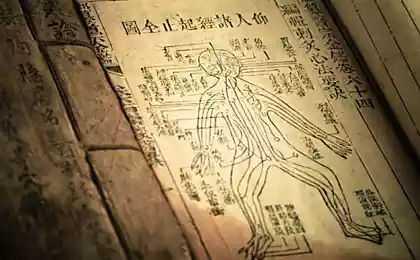216
The man who hasn't slept in 40 years: The Amazing Story of Tai Ngoc

Sleep is one of the most mysterious and necessary functions of the human body. We spend a third of our lives sleeping, restoring strength and maintaining health. However, the story of one man from Vietnam calls into question our understanding of sleep. Meet Tai Ngoc, the man he says has been awake for over 40 years.

Medical research of the phenomenon
Tai Ngok, also known as Hai Ngok, was born in 1942 in a small village in Quangnam province. In 1973, after a severe fever, he lost his ability to sleep. Since then, he says he hasn’t closed his eyes for a minute.
Local doctors could not find an explanation for this phenomenon. Tai Ngoc went to various medical facilities, but all standard examinations showed no abnormalities. His overall health remained stable despite years of sleep deprivation.
Some experts have speculated that he may have a rare form of insomnia or a neurological disorder. However, without detailed scientific studies and observations, it was difficult to draw definitive conclusions.
How to live and work without sleep
Surprisingly, Tai Ngoc leads an active lifestyle. He farms, takes care of his land and his household. Lack of sleep allows him to work 20 hours a day, performing more tasks than his fellow villagers.
At night, when everyone is asleep, Tai Ngoc continues to work or do household chores. He admits that he sometimes feels tired, but rests, just lying down with his eyes closed. This “passive rest” replaces sleep.
Neighbors and relatives confirm his unusual lifestyle. Many of them were initially skeptical of his claims, but over the years became convinced of their veracity.
What do scientists say?
The scientific community is wary of such stories. Sleep is critical to the recovery of the body, and its complete absence for a long time contradicts the known medical facts.
Dr. Jeffrey Illiffe, a neuroscientist at the University of Washington, said: Complete lack of sleep for more than a few days leads to severe cognitive and physiological impairment. The body simply cannot function without sleep.
Tai Ngok may be experiencing microsleeps, short periods of sleep he is unaware of. It is also possible that his condition is due to a rare genetic abnormality or a unique adaptation of the body.
Scientists call for detailed studies using modern technologies: polysomnography, neuroimaging and genetic analysis. This could shed light on his condition and expand his understanding of sleep.
Documentary evidence
Despite interest from the media and researchers, there is little documentary evidence of the phenomenon of Tai Ngok. Several journalists visited his village and spoke to him, publishing articles and reporting.
In 2006, the British television channel ITV made a short documentary about Tai Ngoc, where he showed his daily life. However, full-fledged scientific research with the publication of the results in peer-reviewed journals was not conducted.
Some skeptics believe that Tai Ngok's story may be exaggerated or based on misunderstanding. Without objective data, it is difficult to draw definitive conclusions.
Conclusion
The story of Tai Ngoc is a mystery that challenges our understanding of the human body. Perhaps his case is unique and could open new horizons in the science of sleep. Or maybe it's just a legend born in a remote village.
One thing is for sure: this story reminds us of how much we still don’t know about ourselves and how miracles can lurk in the most unexpected places.
We urge the scientific community to pay attention to this phenomenon and conduct the necessary research. After all, each such case is a chance to get closer to solving the mysteries of the human body and mind.
The village is opposite: How people live in the underground city of Coober Pedy
Hitler's secret collection: 10 most mysterious artifacts that have not yet been found























